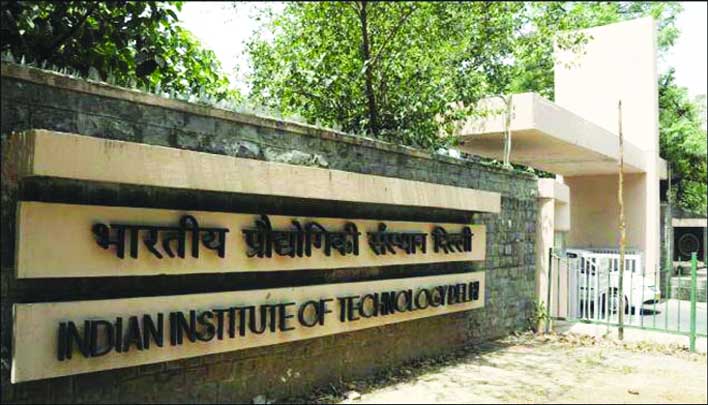No need to drop out, you can get a BSc degree after three years at the premier institution
With the Indian Institute of Technology (IIT) Council approving some major structural reforms relating to the performance of its students, it may well have saved itself the embarrassment of those dropping out midway. Of several measures, the most sought after decision was to ensure an “honourable” exit for weaker students, who had to abruptly discontinue the course because they could not cope with the progressive pressure it entailed. Now they can get a BSc after three years even if they sign up for a four-year BTech degree and opt out. Although those who qualify for IITs have a certain standard, many are not able to peak as is expected with course challenges becoming tougher. This often leads to mental breakdowns, depression, a loss of self-worth among young hopefuls. Now engineering students will stand to benefit as they can use their IIT experience and sign up for job-ready courses. Besides, the new rules will address the colossal problem of college dropouts. Excellence is of worth only when there is commensurate rewards in the job sector and dropouts certainly don’t make the cut either way. Now they have an option. This, coupled with a tenure-tracking system for faculty members, which calls for the institutes to hire teachers/professors directly for five to six years instead of the age-old practice of confirming their roles after year-long probation, may as well bring the institute at par with its global peers. The decision, however, has been completely left to individual IITs.
Figures pertaining to dropouts in engineering colleges are worrisome. Of the 9,00,000 students who appear for the JEE main exam, only 13,500 actually get into IITs in 16 cities. Despite the struggle in getting a coveted seat, according to data from the Ministry of Human Resource Development, as many as 2,461 students dropped out of their courses in the past two years. While the dream may have come intuitively to some, they fail to perceive its rigour. This, coupled with a rigid grading system, often throws them askew. It is time to drop the one-size-fits-all formula. We may have a skilled workforce but then it should have enough readiness and aptitude for new sunshine sectors and application-oriented pursuits. Micro entrepreneurs will need to be encouraged as will new service sectors. Till we figure out the end use of knowledge and map it ahead, we will never be able to encash our demographic dividend.


























